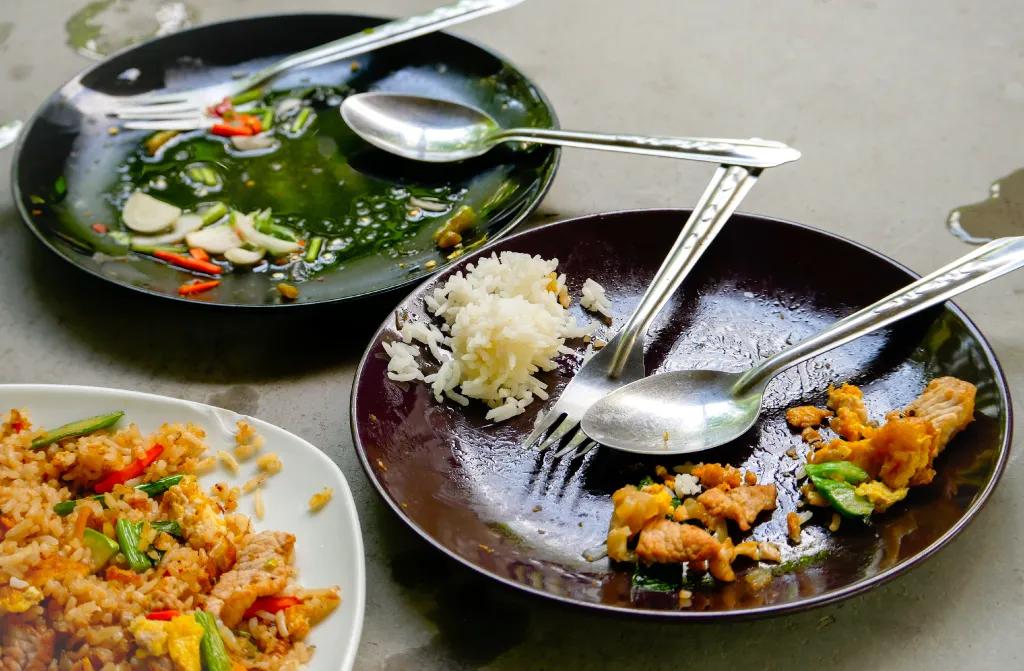Food Waste Endangers Everyone: What Can Be Done About It?
Malaysia faces a significant challenge with food waste. SWCorp Malaysia reports that 17,000 tonnes of food waste are recorded daily, with 4080 tonnes being avoidable waste and 76% being unavoidable waste. A study conducted by SWCorp found that only 2% of respondents carry out composting.
Excessive food waste contributes to climate change, caused by increased temperatures in the earth’s atmosphere and oceans. Climate change leads to rising sea levels, extreme weather, food scarcity, and risks to human health. For businesses, it can result in billions of dollars in damages from physical damage to property and transportation networks and income loss from natural disasters such as floods and wildfires. Additionally, companies that cause environmental harm face the risk of legal suits.
Landfills, where organic waste is sent, produce harmful greenhouse gases like methane, carbon dioxide, and nitrogen. Reducing food waste and preventing it from being sent to landfills would reduce greenhouse gas emissions and the effects of climate change.
Waste management begins before waste reaches the landfill. Segregating waste into organic and solid waste categories, like plastic and paper, can increase the recycling rate. Composting can help turn food waste into compost and reduce the amount of organic waste sent to landfills. Composting releases carbon dioxide, part of the natural short-term carbon cycle, instead of the methane and nitrogen released in landfills. Good composting practices aim for a C/N ratio 30:1 and reduce the need for chemical fertilisers.
However, awareness of waste segregation and composting is still deficient in Malaysia. By coming together and practising waste segregation and composting, Malaysians can help mitigate climate change. Sunway University initiated a waste project funded by the Sunway Materials Smart Science and Engineering Cluster to reduce food waste in the university. The project repurposed unavoidable food waste into value-added products, including compost. A multidisciplinary team of professionals from various backgrounds, such as chefs, psychologists, scientists, engineers, and economists, put together the project. Sunway University students promoted the food compost through a charity sale, which raised RM2,094.
To cultivate a sustainable living attitude in Malaysia, the new generation needs to be educated adequately. Awareness can be increased through hands-on learning with a purpose through community service projects. Stopping climate change requires collective effort and cannot be achieved by a single individual.
Associate Professor Dr Jane Gew Lai Ti
School of Medical and Life Sciences
Email: @email
This article was first published in Business Today, 2 April 2022.




